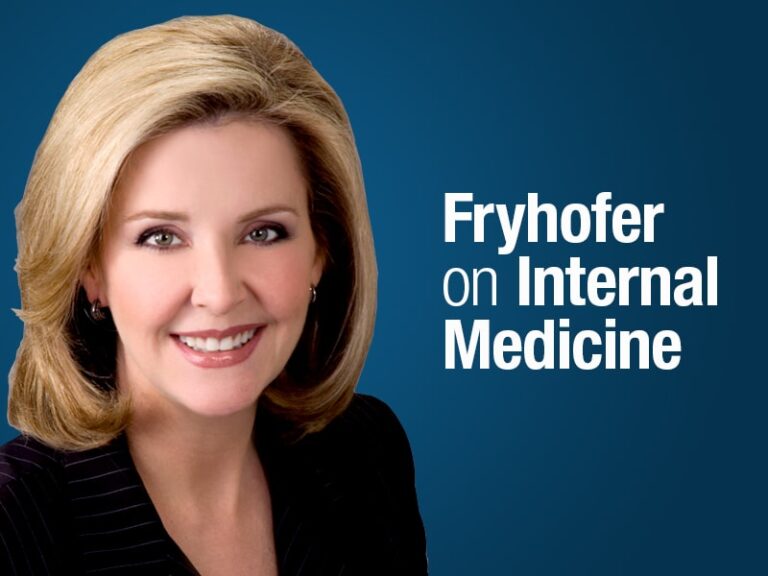Good morning. I’m Dr. Sandra Fryhofer. welcome to Medicine matters. The subject: a controversy that has lasted for more than 70 years. Is vitamin C effective in preventing and treating colds? A study was recently published in the Cochrane Database of Systematic Reviews.(1) Here’s why it’s important.
A cold East common. There are over 200 different viruses that can cause it. It is a major cause of absenteeism from work and school and the leading cause of acute morbidity and physician visits in high-income countries. And since colds are caused by viruses, antibiotics don’t help, but that doesn’t stop the search for a cure. The use of vitamin C became particularly popular in the 1970s, when Nobel laureate Linus Pauling gave his endorsement to vitamin C for the common cold, based on early placebo-controlled trials.(2)
That was then. Now, in this new review, 72 studies have been analyzed. Only those using supplement doses of 200 mg or more were included. The conclusion:
• First, to prevent colds: 20 trials involving more than 11,000 patients showed that for most people, vitamin C didn’t help much. It reduced colds, but only by 3%. For those experiencing high physical stress – marathon runners, skiers and soldiers exercising in subarctic regions – the results were dramatically different. Supplemental vitamin C intake in these patients reduced colds by half.
• Then, the duration of symptoms: nearly 10,000 colds and 31 studies. The findings: For adults, an 8% reduction in the duration of cold symptoms and nearly double that for children, a 14% reduction.
• Finally, for the severity of cold symptoms, in children, doses of 1 to 2 g per day seem to help.
Bottom line: more randomized controlled trials are needed. But based on the data available so far, vitamin C doesn’t do much to prevent you from catching a cold unless you’re seriously stressed.
On the other hand, it is cheap and relatively safe, although a recent study indicates that it could increase the risk of kidney stones.(3) And it seems to help a little in determining the duration and severity of your cold.
What will you tell your patients?
For Medicine Matters, I’m Dr. Sandra Fryhofer.
